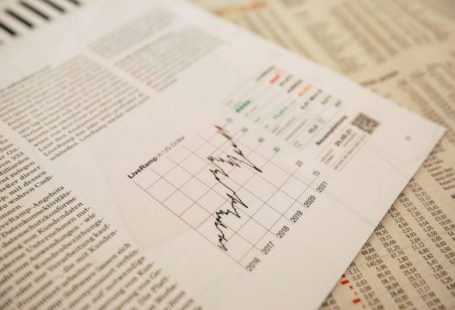Day trading, the practice of buying and selling financial instruments within the same trading day, has gained popularity in recent years. The allure of quick profits and the ability to work from anywhere with an internet connection has attracted many individuals to try their hand at day trading. However, like any investment strategy, there are both pros and cons to consider before diving into the world of day trading.
Pros:
1. Potential for Quick Profits
One of the main advantages of day trading is the potential for quick profits. Since day traders aim to take advantage of short-term price movements, they have the opportunity to make profits in a matter of hours or even minutes. This can be especially appealing for those looking to generate income on a daily basis.
2. Flexibility and Independence
Day trading offers the flexibility and independence that many people desire in their careers. As a day trader, you have the ability to set your own schedule and work from anywhere with an internet connection. This can be particularly attractive for those seeking a more flexible lifestyle or who enjoy the freedom of being their own boss.
3. Opportunity to Learn
Day trading provides an excellent opportunity to learn about the stock market and financial markets in general. Since day traders are actively involved in the markets on a daily basis, they gain valuable firsthand experience and develop a deep understanding of market dynamics. This knowledge can be invaluable for future investment decisions and can even lead to other career opportunities in finance.
Cons:
1. High Risk
Day trading is a high-risk strategy that requires careful consideration and preparation. The fast-paced nature of day trading means that decisions need to be made quickly, and there is a significant risk of making costly mistakes. The volatility of the stock market can also result in substantial losses if trades go against the trader’s expectations.
2. Emotional Stress
Day trading can be emotionally stressful, especially for those who are not accustomed to the ups and downs of the stock market. The constant monitoring of prices and the pressure to make quick decisions can take a toll on a trader’s mental well-being. It is essential to have effective risk management strategies in place and to be aware of the emotional impact that day trading can have.
3. Time Commitment
Day trading requires a significant time commitment. Successful day traders need to dedicate hours each day to research, analysis, and monitoring the market. This can be challenging for those with other commitments or limited availability. Additionally, the need to be constantly connected to the markets during trading hours can make it difficult to maintain a healthy work-life balance.
Conclusion:
Day trading in the stock market can offer the potential for quick profits, flexibility, and the opportunity to learn about the financial markets. However, it is important to consider the high risk involved, the emotional stress it can cause, and the significant time commitment required. Before embarking on a day trading journey, individuals should carefully evaluate their risk tolerance, financial goals, and dedication to the necessary preparation and ongoing learning. With the right mindset and a well-thought-out plan, day trading can be a rewarding endeavor, but it is not without its challenges.





